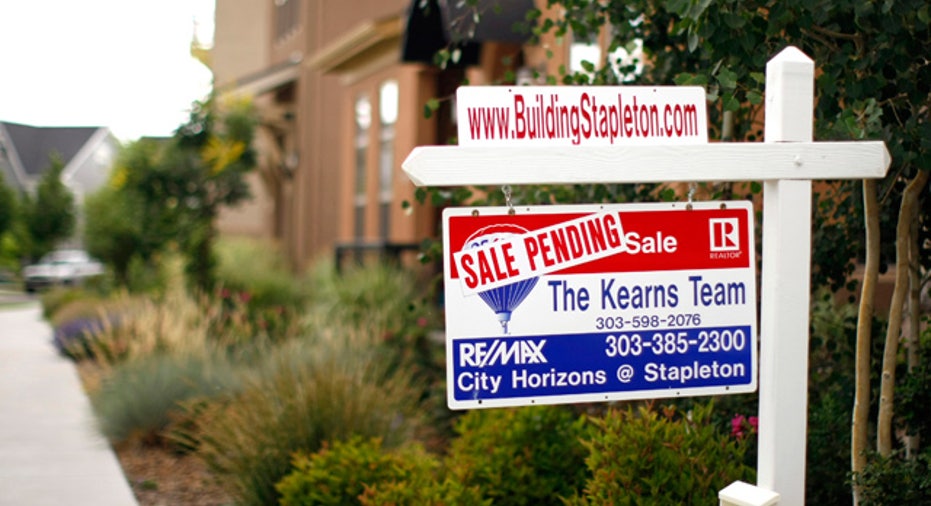Are You Ready to Buy a Home?

Are you ready to buy your first home? Buying a home requires a life plan and a financial plan.
"Getting ready to buy a home should mean that the prospective buyers understand that there is more to homeownership than a housing payment," says Jim Walton, vice president of consumer credit with MetLife Bank in Irving, Texas. "Homeownership requires a commitment to a property and to a community."
Long-Term Commitment
In a hot real estate market, buying and flipping appeals to some buyers, but in a more stable or declining market, owning a home requires a longer time to build equity.
"Even in the Washington, D.C., area, where our market is relatively stable, I counsel buyers to look at a minimum of a three- to five-year investment," says Leslie Wilder, a Realtor with McEnearney Associates in Arlington, Va. "In other markets, I think you need to own for a minimum of five years or longer in order to recoup the costs of buying and selling. If you are not able to make that commitment, you are better off renting."
She also says: "Buyers need to think not only about what they want now, but also what they will want in five years. For example, if a couple wants to start a family, they might want to choose a home in a school district they prefer or to live close to work to shorten their commute."
Affordability
A lender can tell you the maximum mortgage you qualify for, but financial experts recommend that you determine your own upper limit for a housing payment.
"A lender will look at your debt-to-income ratio, but at the end of the day you need to be comfortable with your mortgage payment and also prepared to save for other financial needs even after you become a homeowner," Walton says. "Buyers should take a disciplined approach to saving for a down payment, and then they need to be able to continue to save after they buy, for home maintenance and emergencies."
Marc Schindler, a Certified Financial Planner and owner of Pivot Point Advisors in Bellaire, Texas, says he looks at real estate as an illiquid investment.
"If you needed the cash from the sale of a home, it would take time to sell and cost about 7% of the home value for transaction costs," Schindler says. "I would recommend that no more than 25% of your asset allocation should be in real estate. For someone young with few assets, that may mean postponing buying a home until you can save more money."
Interest Rates
Wilder says a good lender can talk to buyers about a variety of mortgage scenarios based on loan qualifications and size of down payment.
"A lender should also talk to you about the impact of rising interest rates so you understand how much you can afford at different rates," Wilder says. "Buyers need to buy within their comfort level, so they may need to compromise on the home they buy. If they decide to wait to save more, they need to realize that if interest rates go up they may not be able to qualify for the same mortgage amount as they can right now."
Qualifications
A credit score of 720 to 740 is generally required to qualify for the lowest mortgage rates. FHA loan requirements are more lenient and sometimes lenders qualify borrowers with a score as low as 620 for these government-insured loans.
"We generally look for a stable two-year job history, but we know people have lost jobs in the past few years so we are looking for a re-established job history if someone has been unemployed," Walton says.
Home Prices and Rental Rates
Schindler says potential buyers should research their housing market to determine whether owning is more affordable than renting or the other way around. In some markets, demand drives up rents, while a glut of homes for sale drives down prices.
"A rent-versus-own calculator can be a good resource, but generally these will show you the maximum mortgage you qualify for at the best rates," says Walton. "Determining how much you want to spend on rent or a mortgage should be a personal decision."
Responsibilities of Homeowners
"Buyers need to make sure and factor in the maintenance costs of homeownership, which can run from 1 (percent) to 4% of the home value per year," Schindler says. "They need to realize that housing costs also include homeowners insurance, perhaps flood insurance and homeowner association dues, not just the principal and interest on the mortgage payment."
Ready to Buy?
"If you are a good, solid buyer financially, with savings, a steady income and job stability, and you can commit to staying in a home for the long-term, then the only thing to think about is whether you want to own a place to call home," Wilder says. "If all those pieces are in place, then it makes sense to buy now."



















